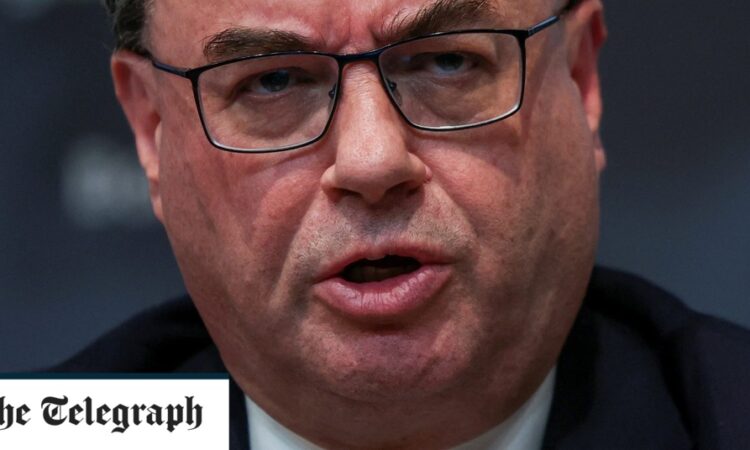
A jump in redundancies has triggered the biggest surge in jobseekers for two and a half years as the employment market is hit by rising interest rates.
The number of vacancies in June climbed at the slowest pace in 28 months, with a significant drop in permanent placements, according to the KPMG and the Recruitment and Employment Confederation (REC) UK Report on Jobs survey.
Staff availability rose for the fourth month in a row, with the supply of both temporary and full-time workers surging at the fastest pace recorded since December 2020.
The data suggest that higher interest rates are beginning to deter companies from recruiting more workers – a change that, if sustained, should ultimately reduce wage growth and help to slow inflation.
Claire Warnes, partner in skills and productivity at KPMG UK, said the sharp upturn in candidate availability reflected increasing redundancies across multiple sectors and is a “big concern” for the economy.
Recruiters said companies became reluctant to take on new staff in June owing to the darkening UK economic outlook, particularly as the rising cost of living and competition for skilled workers have pushed up wages.
Wage growth could soon be on the turn. Upwards pay pressure slumped to its lowest level in 26 months, with rates of starting salary and temp wage inflation falling to more than a two-year low.
Ms Warnes said: “Employers are also tending towards temporary hires, given lingering economic uncertainty.”
5 things to start your day
1) BT on high alert for German takeover – Broadband provider preparing defence in face of possible bid by Deutsche Telekom
2) Brexit tariffs threaten Vauxhall’s mega factory in Luton – Crippling taxes weaken competitiveness of Britain’s nascent electric vehicle industry
3) Revolut ‘loses $20m to criminals’ – Scammers exploit a flaw in the fintech company’s US payment system
4) Britain ‘plunged back into 1970s’ amid record slump in customer satisfaction – Stubborn inflation and staff shortages trigger sharpest year-on-year drop since 2008
5) Ageing population is a long-term threat to economy, warns Andrew Bailey – Changing demographics to have greater impact than war in Ukraine and Covid crisis
What happened overnight
Asian shares got the week off to a slow start, with mixed trading as China reported wholesale prices fell in June, amid other signs the economy is slowing.
Benchmarks rose in Hong Kong, Shanghai and Mumbai but fell in Tokyo and Sydney.
The decline in producer prices by 5.4pc in June from a 4.6pc drop in May suggests a further weakening of demand in many industries as activity in the world’s second largest economy slows and growth in the US and Europe also tapers off under a barrage of interest rate hikes meant to snuff out inflation.
China’s economy has slowed faster than hoped after an initial surge in growth as the country bounced back from disruptions caused by the Covid-19 pandemic.
Markets in China tend to react positively to signs of weakness in anticipation of possible stimulus measures that might make more money available for investing in shares.
Hong Kong’s Hang Seng gained 0.8pc to 18,510.77 and the Shanghai Composite index edged 0.2pc higher to 3,202.06.
Tokyo’s Nikkei 225 slipped 0.8pc to 32,126.15, while the Kospi in Seoul shed 0.1pc to 2,525.85. Australia’s S&P/ASX 200 declined 0.3pc to 7,018.30.
India’s Sensex edged 0.2pc higher, while the SET in Bangkok was down 0.1pc.






